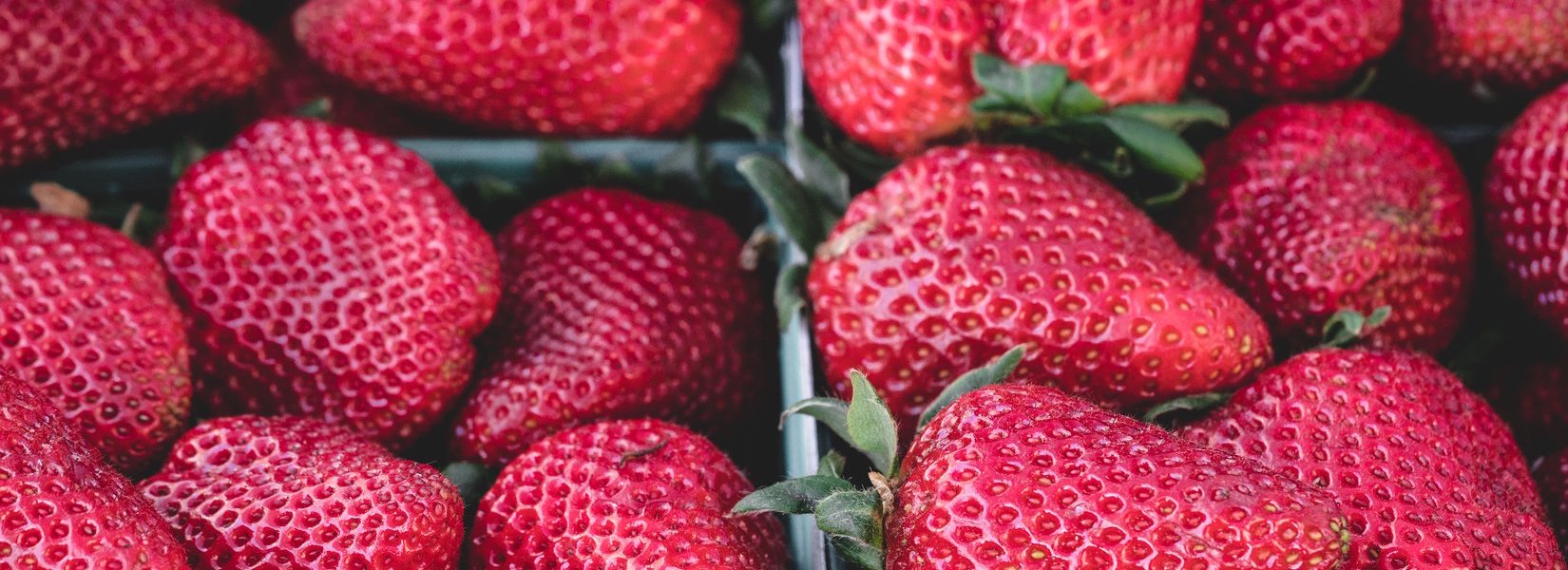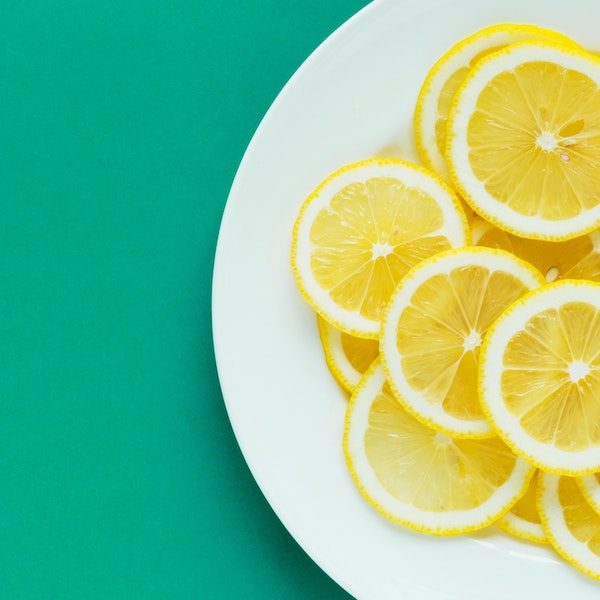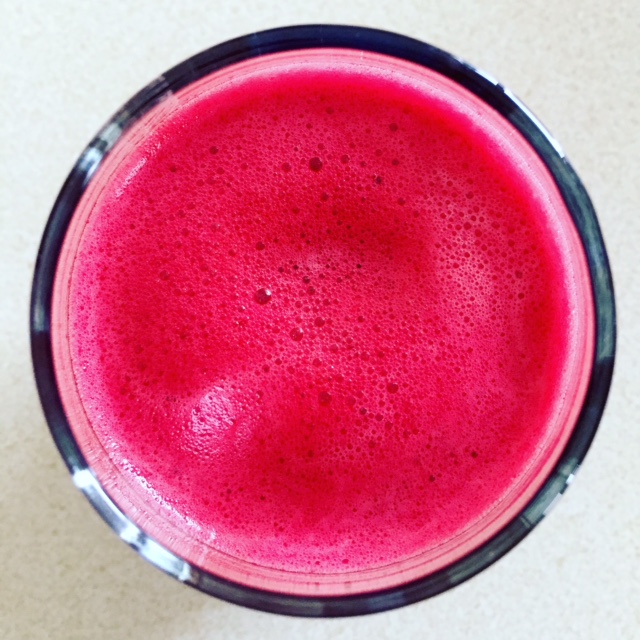Fresh off the press, EWG just released the 2021 Shopper’s Guide to Pesticides in Produce. Year after year, this is my go-to source for choosing which foods to buy organic for my family, and which foods to buy conventional (non-organic). It lists out the 12 top produce foods contaminated the most with pesticides (the “dirty dozen”), and the 15 least pesticide contaminated produce foods (the “clean fifteen”).
Why does organic matter? Human consumption of synthetic pesticides has been linked to everything from endocrine disruption, to infertility, birth defects, and cancer. It’s a good idea to reduce the body’s pesticide load whenever possible. In four separate clinical trials, people who switched from conventional foods to organic foods saw a rapid and dramatic reduction in pesticide concentration of their urine.
Not only are organic foods better for our health, but choosing organic is better for the planet and all it’s animals too!
Of course, always buying organic isn’t easy on the wallet, so recognizing the “dirty dozen” and “clean fifteen” can be very helpful when shopping!
Keep in mind, each one of the sampled produce foods were thoroughly washed and, when applicable, peeled prior to being tested. This means, that even washing and peeling didn’t remove the pesticide residue. When foods are grown with pesticides, the pesticides become a part of the food.
Here we go…
What to Buy Organic: The Dirty Dozen
Buy these 12 foods organic when possible. These are the ones tested to have the most pesticide contamination.
- Strawberries
- Spinach
- Kale, Collard Greens, and Mustard Greens
- Nectarines
- Apples
- Grapes
- Cherries
- Peaches
- Pears
- Bell Peppers and Hot Peppers
- Celery
- Tomatoes
Cleaner Produce Foods: The Clean Fifteen
These produce foods have tested to be the least contaminated with pesticides.
- Avocados
- Sweet Corn*
- Pineapple
- Onions
- Papaya*
- Sweet Peas (frozen)
- Eggplant
- Asparagus
- Broccoli
- Cabbage
- Kiwi
- Cauliflower
- Mushrooms
- Honeydew Mellon
- Cantaloupe
*Sweet corn and papayas are on the clean fifteen list, however, some sold in the United States are produced from genetically modified seeds. So, while they may not be contaminated by pesticides, they may contain GMOs. The Environmental Working Group suggests buying organic if you want to avoid GMOs.
Another thing to be aware of – the EWG Shopper’s Guide to Pesticides in Produce only cover produce foods. Raisins are considers a processed food because they are not in their original state. If they were considered a produce food, raisins would top the list for the number 1 pesticide contaminated food. A very important thing to keep in mind if, like me, you have children who love raisins. Buy them organic!
Sources:
https://www.ewg.org/foodnews/dirty-dozen.php



